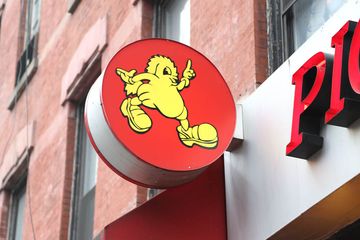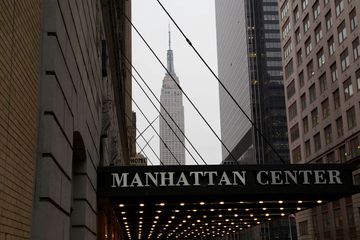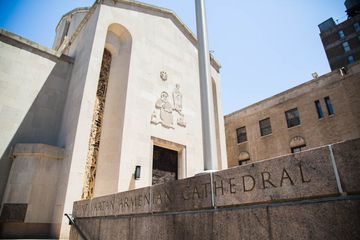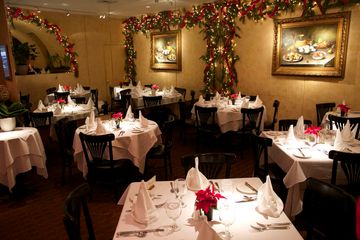Johnny Ivanac hopped on board a vessel from Croatia to the U. S. in 1968, with a background in hospitality and a dream of opening his own restaurant. When the ship stopped in New York, he decided to settle here and, thanks to the advice and generosity of the congregants at the local Croatian church, has never looked back. Johnny’s restaurant career kicked off when he was offered a job at a pizzeria, which he accepted with enthusiasm despite one small snag — he had never before tasted pizza. This did not deter him or the owner of the pizzeria, who assured him, “In a week you’ll be the best guy here. ” Sure enough, he was. When a restaurant owner learned of him from a fellow Croatian, Johnny joined his team and amassed a following of loyal customers who encouraged him to open his own place. Hesitant at first because of lacking funds, Johnny reached out to folks back home who pitched in to help him put a downpayment on a business that was about to close. He soon sent for his sister, Maria, and fellow Croatian, Chef Mili. The close-knit team was able to open their dream restaurant in 1981 and pay it off four years later. “With hard work, honest work, good work — you’re gonna make it. ” Villa Berulia has since become a neighborhood staple, uniquely melding elements of Johnny’s Croatian heritage with popular Italian fare. Customers call in advance to reserve a serving of cannelloni or decadent flourless chocolate cake (both recipes remain a closely-guarded secret). Johnny and Maria continue to spend time in the restaurant, but Johnny’s beloved daughter, Alex, and her husband, Steve, now run the everyday operations while carrying on that same “small family that extends to the customers. ”



